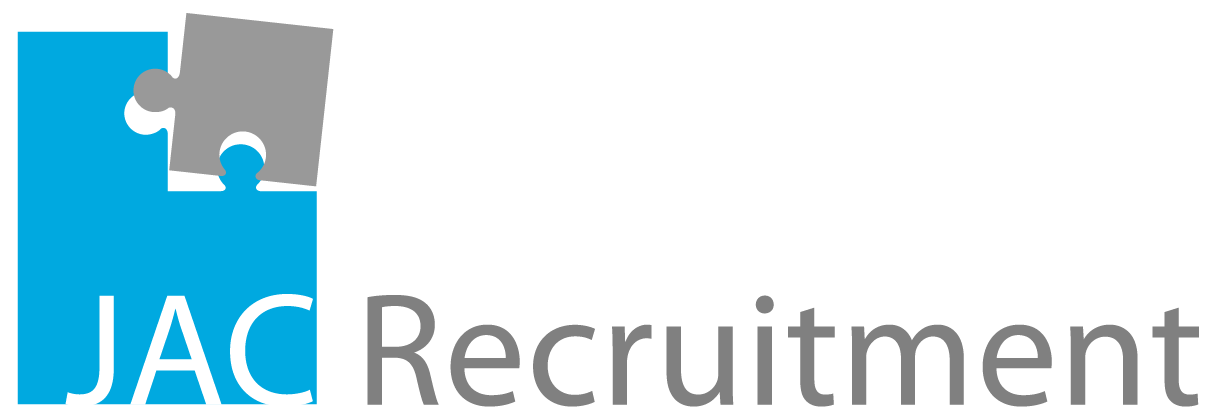[Job Seeker Interview Guide - 4]
First Impressions Matter
No one tells this directly, but most interviewers form an initial impression in the first 30-60 seconds. It is not about your resume or qualifications yet; it is about how you show up.
Whether you are walking into a meeting room or logging into a video call, you are already communicating. How you greet them, your posture, your presence, it all sets the tone.
Here is what makes a quiet, confident first impression:
A natural, appropriate smile – not forced, just present
Steady, calm eye contact (as culturally appropriate)
Upright posture, open body language
A clear, genuine greeting: “Hi, nice to meet you. Thank you for making the time today.”
For virtual interviews, dress like it is in person. Ensure your background is neutral and tidy. Check your lighting and audio in advance.
It is not about performing, but about being present. That grounded energy speaks louder than over-preparedness ever will.
“You’d be surprised how many hiring managers say they just had a ‘good feeling’ about someone. That almost always comes down to presence and energy in the first few minutes.”
What Interviewers Actually Notice
Many candidates believe that they need to impress with fast answers or strong opinions. In reality, interviewers are noticing much smaller signals.
 | Are you listening carefully OR just waiting to speak?Are you adjusting your tone and pace to match the conversation?Are you answering the actual questions OR jumping into a memorised example? |
You do not need to be loud or charismatic. The strongest candidates often just come across as focused, thoughtful, and easy to speak with.
The strongest interviews rarely feel like interrogations, they feel like conversations. If you are doing most of the talking, pause and check in. Do not worry about filling every silence. Instead, focus on answering clearly, giving interviewer the space to respond or ask more.
Remember, you are not performing a monologue. You are building a connection.
“What If I get A Question I Wasn’t Expecting?” This will happen. Maybe it is a technical detail you don’t know, or a curveball about your personal values or long-term goals. Do not panic. Here is what to do in the moment:
This is not a weakness. It is a chance to show composure, clarity, and honesty. | “What If the Interviewer Seems Cold or Distracted?” Sometimes, interviews feel off. The interviewer might seem rushed, distracted, or disengaged. This can throw your confidence, but it is often not personal. What you can do:
Remember, their energy is not your responsibility. Your job is to stay clear, calm, and professional. |
“What If I Blank Out?” Your brain freezes. You forget what you were about to say. It is a horrible moment, but IT IS recoverable. Try:
Everyone blanks out at some point. What matters is how you handle it. | “What If the Interview Structure Feels Chaotic?” Sometimes you are told it is a 1-on-1 but turns into a panel. Or a structured interview turns conversational. Or half the people do not show up. Start by calmly resetting the room: “Happy to go with what works best for today. Would you prefer I start with my background, or should we jump straight into the role?” That one sentence shows initiative, flexibility, and clarity. It makes a chaotic interview easier for everyone. |
Presence Over Perfection
You do not need perfect answers. You do not need to “sell” yourself constantly. But you do need to show up fully, calmly, and with intention.
You might stumble. The call might lag. You might forget something you planned to say. It happens. But what matters is how you handle the pressure, whether you communicate properly, and if you stayed focused and adaptable when things did not go perfectly.
Your approach in these small moments will often leave the strongest impression.
Continue to other sections of our Interview Guide: | |

